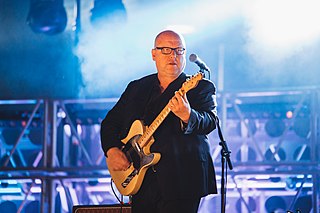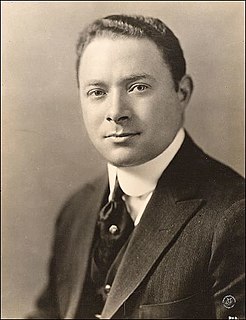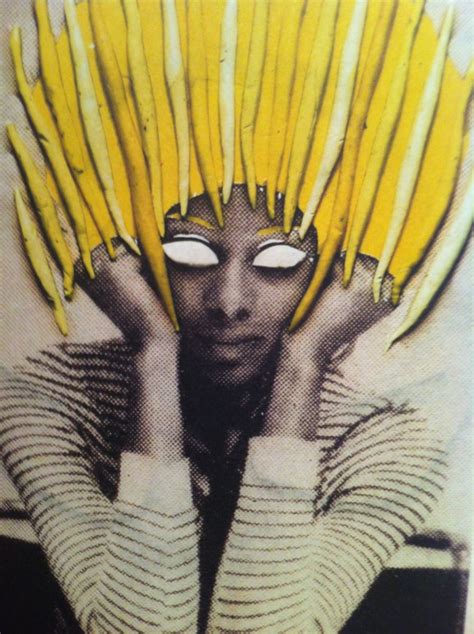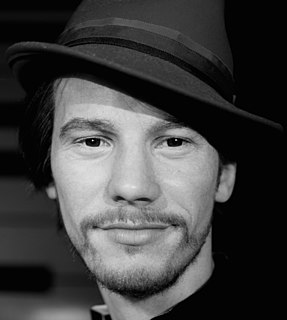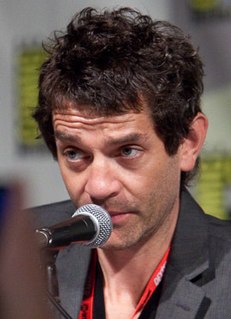A Quote by James M. Gavin
You think the world owes you something, and it just doesn't work that way.
Related Quotes
I don't like that we repeat a certain expression over and over again because I think it narrows the way that we look on the world. I also think that there is a certain responsibility if you work with moving images because it's so strong in creating behaviour; it's so strong in creating the way that we look on the world, so for me it's very important that I create images that I have an experience of or is something that I think exists in the world and not just in cinema.
However patriarchal the world, at home the child knows that his mother is the source of all power. The hand that rocks the cradlerules his world. . . . The son never forgets that he owes his life to his mother, not just the creation of it but the maintenance of it, and that he owes her a debt he cannot conceivably repay, but which she may call in at any time.
You think you've made something really great, but there's a reason why it's not resonating the way some previous work did. But it's not that easy to just replicate. Some people think, "Oh, just go do that thing you used to do before." But it just doesn't work like that. It's a lot more mysterious or slippery.
Art movements are always linked to some kind of turmoil. We can look at history and see that [political turmoil is] fertile ground for art. I also think that it gives artists something, a way of kind of processing. My friends and I have all been super motivated to work and to do the work that we need to and want to and think should be in the world. Hard times are really a fire under your ass to prioritize and think, "Okay, how can I challenge myself to put something in the world that wasn't there that can reach other folks and help them to process"?
Don't be misled into believing that somehow the world owes you a living. The boy who believes that his parents, or the government, or any one else owes him his livelihood and that he can collect it without labor will wake up one day and find himself working for another boy who did not have that belief and, therefore, earned the right to have others work for him.
My work is on the one hand laboured, and on the other completely happenstance and intuitive. But that's the swish in the work, I think. It's really important to me that the work isn't just sitting on top of something, that the materials are woven together - that they are recognisable and from the world.






